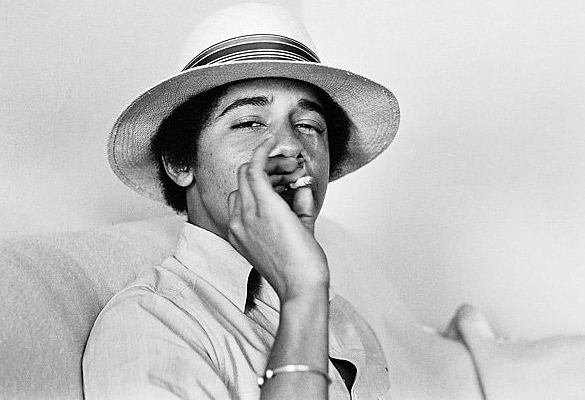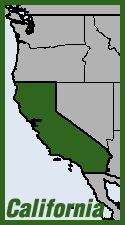 Supporters of California's medical marijuana laws will be protesting the Department of Justice crackdown on dispensaries and providers when President Barack Obama comes to visit San Francisco on Oct 25. Demonstrators will be protesting at the at the Hotel W, on the corner of 3rd and Mission from 10:30 AM to 3 PM. A preceding press conference will be held at 10 AM at the Marriott Hotel, 299 Second St, Room #3.
Supporters of California's medical marijuana laws will be protesting the Department of Justice crackdown on dispensaries and providers when President Barack Obama comes to visit San Francisco on Oct 25. Demonstrators will be protesting at the at the Hotel W, on the corner of 3rd and Mission from 10:30 AM to 3 PM. A preceding press conference will be held at 10 AM at the Marriott Hotel, 299 Second St, Room #3.

 Peru's National Police report the seizure of nearly a ton of cocaine, after two operations coordinated with the army in the conflicted Apurímac-Ene River Valley (
Peru's National Police report the seizure of nearly a ton of cocaine, after two operations coordinated with the army in the conflicted Apurímac-Ene River Valley ( For the third time in as many weeks, DEA agents raided a Southern Oregon medical cannabis grow Oct. 14. Homeowner Clifford Ruhland said the 100-plant operation in Central Point was in compliance with state law. The plants were confiscated, but no arrests made. Ruhland expressed his exasperation: "From my personal perspective it's kind of like... why are you even here? Isn't there something more important, that's affecting people's lives in a real important way, than being here right now?" Medical advocates gathered outside the property when news broke of the raid. (
For the third time in as many weeks, DEA agents raided a Southern Oregon medical cannabis grow Oct. 14. Homeowner Clifford Ruhland said the 100-plant operation in Central Point was in compliance with state law. The plants were confiscated, but no arrests made. Ruhland expressed his exasperation: "From my personal perspective it's kind of like... why are you even here? Isn't there something more important, that's affecting people's lives in a real important way, than being here right now?" Medical advocates gathered outside the property when news broke of the raid. (
 Trustees of the
Trustees of the  Federal prosecutors warn they are preparing to target newspapers, radio stations and other media outlets that advertise medical marijuana dispensaries in California. US Attorney Laura E. Duffy, whose district includes Imperial and San Diego counties, said cannabis advertising is the next area she's "going to be moving onto as part of the enforcement efforts in Southern California." Duffy said she could not speak for the three other US attorneys in the state but stressed that their efforts have been coordinated so far.
Federal prosecutors warn they are preparing to target newspapers, radio stations and other media outlets that advertise medical marijuana dispensaries in California. US Attorney Laura E. Duffy, whose district includes Imperial and San Diego counties, said cannabis advertising is the next area she's "going to be moving onto as part of the enforcement efforts in Southern California." Duffy said she could not speak for the three other US attorneys in the state but stressed that their efforts have been coordinated so far. The US Justice Department on Oct. 11 announced charges aganst two men allegedly working for "factions of the Iranian government" with plotting to assassinate the Saudi ambassador in Washington, Adel al-Jubeir, and to attack Saudi embassies.
The US Justice Department on Oct. 11 announced charges aganst two men allegedly working for "factions of the Iranian government" with plotting to assassinate the Saudi ambassador in Washington, Adel al-Jubeir, and to attack Saudi embassies. Forty of the firearms that Mexican police seized on April 30 at the home of an alleged drug trafficker in Ciudad Juárez turn out to be among the 2,000 weapons that reached Mexico as a result of the US government's bungled
Forty of the firearms that Mexican police seized on April 30 at the home of an alleged drug trafficker in Ciudad Juárez turn out to be among the 2,000 weapons that reached Mexico as a result of the US government's bungled 





Recent comments
1 week 5 days ago
1 week 5 days ago
4 weeks 6 days ago
5 weeks 5 days ago
9 weeks 6 days ago
13 weeks 4 days ago
17 weeks 4 days ago
18 weeks 2 days ago
28 weeks 2 days ago
32 weeks 3 days ago